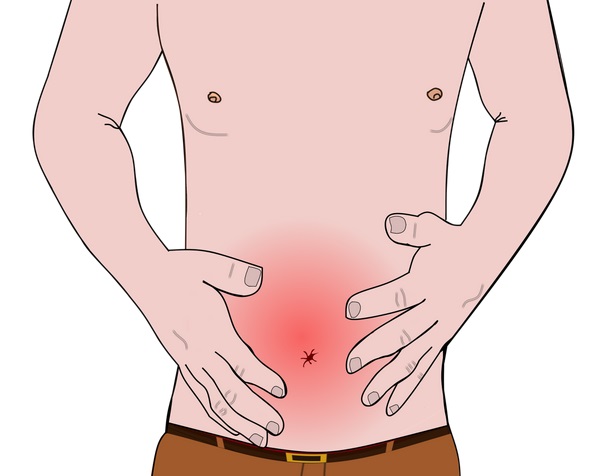 There are different kinds of hernia, but specialists such as the specialists in inguinal hernia surgery London at the London Surgical Group will agree that inguinal hernia is the most common. Inguinal hernia often comes with groin pain, especially when a person lifts something heavy or coughs, and it usually occurs when a portion of the small intestine or tissue and fat ends up pushing in through a weakened area in the abdominal wall. An inguinal hernia refers to the inguinal canal, which is a passage located in the lower portion of the abdominal wall and which stores nerves and blood vessels. Whilst inguinal hernias aren’t serious or severe, it has the risk of becoming a serious condition if not addressed properly or if complications occur. If you have an inguinal hernia or suspect you have one, here is your essential fact sheet on inguinal hernias: symptoms, treatment, and more.
There are different kinds of hernia, but specialists such as the specialists in inguinal hernia surgery London at the London Surgical Group will agree that inguinal hernia is the most common. Inguinal hernia often comes with groin pain, especially when a person lifts something heavy or coughs, and it usually occurs when a portion of the small intestine or tissue and fat ends up pushing in through a weakened area in the abdominal wall. An inguinal hernia refers to the inguinal canal, which is a passage located in the lower portion of the abdominal wall and which stores nerves and blood vessels. Whilst inguinal hernias aren’t serious or severe, it has the risk of becoming a serious condition if not addressed properly or if complications occur. If you have an inguinal hernia or suspect you have one, here is your essential fact sheet on inguinal hernias: symptoms, treatment, and more.
How they form and the symptoms
Even babies can get inguinal hernias if their abdominal lining doesn’t completely close whilst they are in the development stage, and they are then left with an opening in the upper portion of their inguinal canal. But in adults, an inguinal hernia can form when the abdominal muscles weaken with age. Inguinal hernias are more common with men than women because women have the uterus ligament which is behind their abdominal wall, and this shields and supports their inguinal canal. If you have had abdominal surgery before, you are more likely to develop an inguinal hernia, and if you have a history of inguinal hernia in your family, this can raise your risk of developing it, too.
There are different symptoms related to an inguinal hernia, and one is if you have pain when coughing, bending, or when you are lifting something that’s heavy. Another symptom is a feeling of weakness or pressure in the groin, and you may also have an inguinal hernia if the area around your testicles is swollen.
The best treatments for inguinal hernia
If you have been diagnosed with an inguinal hernia, you may be able to avoid constipation, which makes the hernia worse, with the right diet high in fibre and plenty of vegetables and fresh fruits.
Surgery may be an option if the hernia becomes strangulated, and this is a severe complication that occurs when your small intestine becomes stuck in your inguinal canal, and you can no longer massage or move the hernia back into place in the abdomen. Since the intestines are strangled, they can no longer conduct blood. This is a major emergency that requires surgery. When it comes to inguinal hernia surgery such as the hernia surgery in London performed by the London Surgical Group, the specialist will push the tissue or lump back into the abdomen and then make your abdominal wall stronger with a possible mesh or stitches. Nowadays, they can perform the procedure with a tool called a laparoscope, which is a less invasive procedure compared to standard surgery, and which allows you to heal faster as well.
Whilst inguinal hernias may be painful, it is easy to treat, as confirmed by experts in groin hernia repair in London. With the proper treatment, you can address the problem before it becomes a real emergency.
Image attributed to Pixabay.com